Ryanair to cut free cabin baggage allowance by 10% as European airlines ‘standardise’
Exclusive: Reduction comes as European Parliament has been pushing for bigger free bags

© Simon Calder
Exclusive: Reduction comes as European Parliament has been pushing for bigger free bags

© Simon Calder


The airline said that a ‘significant’ proportion of data has been stolen

© Getty Images
From stylish getaways to relaxing spa breaks, Dublin’s array of luxury hotels will leave you feeling pampered and rejuvenated

© The Dylan
Passengers reportedly panic as oxygen masks drop from ceiling

© AFP via Getty
With help from TV presenter Fearne Cotton

The Independent’s US Travel Editor Ted Thornhill puts United’s Polaris business-class suite to the test on flights between London Heathrow and Newark. The seat can cost up to $11,000 on this route. Ted discovers how much bang you get for this big pile of bucks

© United Airlines/Ted Thornhill



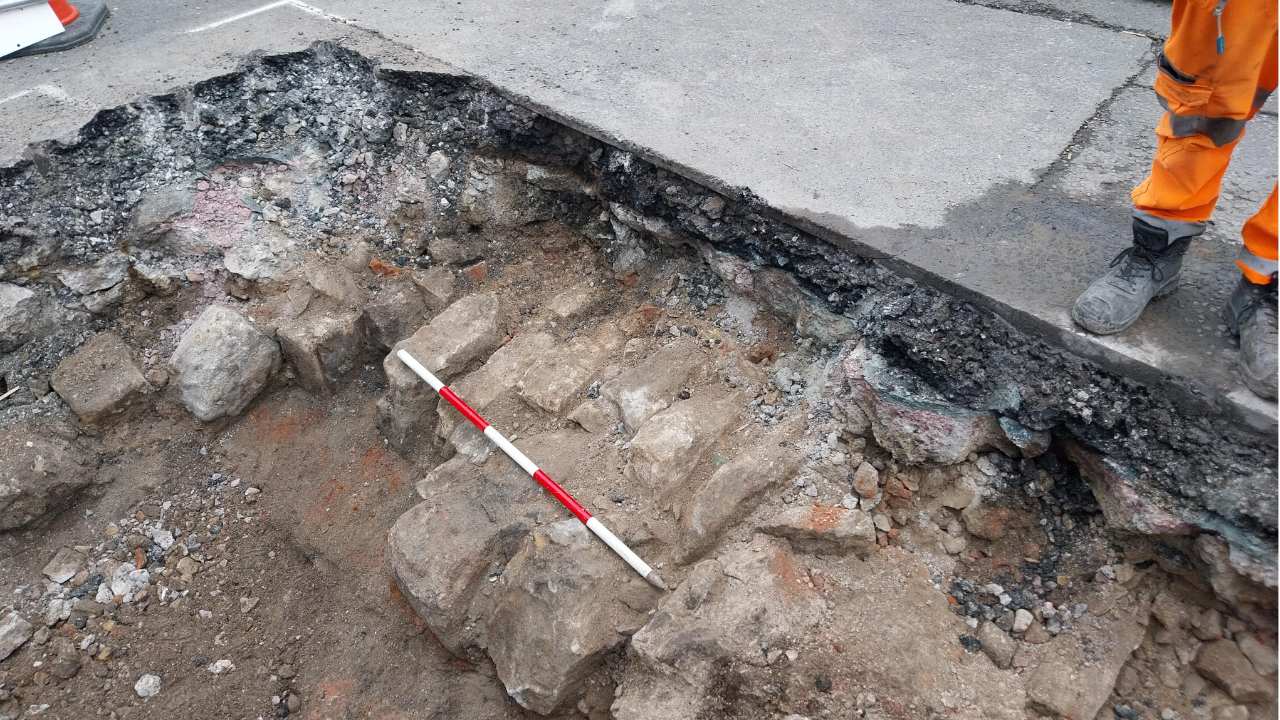
National Grid blamed for failing to act on known transformer problem, while Heathrow accepted risk as a ‘high-impact, low-probability event’

© London Fire Brigade
Most of the world’s most venomous snakes are native to Australia
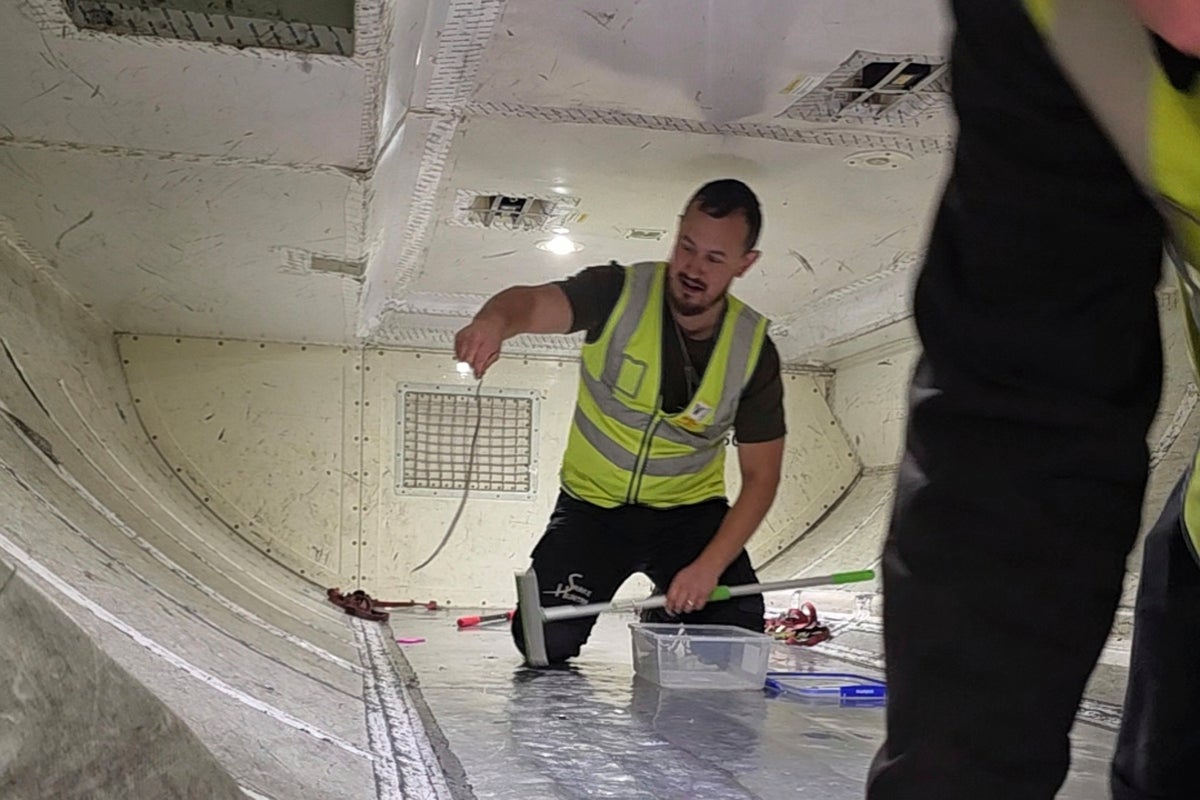
© The Snake Hunter
Holiday hotspots across the continent sweltered with temperature highs near 40C over the weekend

© Getty/iStock
Exclusive: £260 trip from Gatwick to Turkey buys 3,700 miles of travel

© Simon Calder
Families are unable to cancel summer holidays despite extreme heat warnings and wildfires

© Simon Calder
History comes to life on a hike through the woods and wagonways of County Durham, which takes in mining, trains, an award-winning museum – and corned beef and potato pie
The Great Northern Coalfield once provided the raw fuel that powered Britain through the Industrial Revolution. For over two centuries, coal from the mines of Durham and Northumberland was trundled down a maze of wagonways and rail lines to the coast to then be shipped to London.
The mines are long gone, but eight miles north of Durham city, relics of the north-east’s industrial heritage can be found hidden amid ancient woodland and a steep-sided gorge.
Continue reading...
© Photograph: David Steele/Alamy

© Photograph: David Steele/Alamy
We rode through the dark, through winding mountain roads to reach scenic nooks I otherwise would never have seen. From then, I had the confidence to make friends and travel more
As I watched the sleek, white motorbike roll out of the hire shop in Thakhek, Laos, I wondered if I was making a dreadful mistake. It was March 2017 and I had agreed to go on a road trip with a stranger – an American named Travis, whom I had met a few weeks earlier. We were classmates on a Rotary International Peace Fellowship, which brought together people from sectors such as academia, farming and activism to learn about conflict resolution, in Thailand. I tended to have my guard up around people I didn’t know but Travis’s constant gentle efforts to get to know me had worked, and we bonded over a shared sense of humour. When he suggested we explore Laos together, it felt like a natural progression of our budding friendship.
Travis wanted to visit a climbing hotspot, I wanted to see the Laos that wasn’t on the typical tourist trail – and it seemed like the only way we could do both was to travel by motorbike, a mode of transport I actively avoided for many years.
Continue reading...
© Photograph: Dhruti Shah

© Photograph: Dhruti Shah
It’s easy to dismiss holiday novels as pulpy, but relaxing with a book you enjoy has huge health benefits. Here’s how to read yourself happy this summer
Leo Tolstoy’s novel Anna Karenina is a masterpiece. It has never been out of print. Luminaries from William Faulkner to Jilly Cooper have remarked on its brilliance. It is usually within the top 10 of any list of the “100 books you simply must read before you die”. However, I would argue that it’s a singularly poor choice of a book to bring with you for 10 days on the beach in Tenerife. Especially in hardback.
I really tried. Every day, I’d read two or three pages before realising I’d read the same pages the day before, and it simply hadn’t stuck. I kept drifting off during the more complex descriptions of 19th-century property law. I simply couldn’t see what Anna saw in Vronsky; he seemed dreadful, just a slightly different kind of dreadful from her husband, Karenin. My arms ached, the sand seemed unusually gritty, and on day four, as children shrieked and splashed around me, their parents read Jack Reacher books while I failed to understand the significance of Levin scything his fields, I thought, ‘No more!’ My luggage allowance was about 20kg. Tolstoy had taken up more than a tenth of it, and 100% of my headspace. I couldn’t relax. I wasn’t enjoying myself. When I found a Sophie Kinsella novel in the hotel gift shop, I almost wept with relief. It didn’t matter that I’d already read The Undomestic Goddess – my aching brain craved comfort and joy, and it simply wasn’t finding it on Russian railway lines.
Continue reading...
© Photograph: Martin Parr/MAGNUM PHOTOS

© Photograph: Martin Parr/MAGNUM PHOTOS

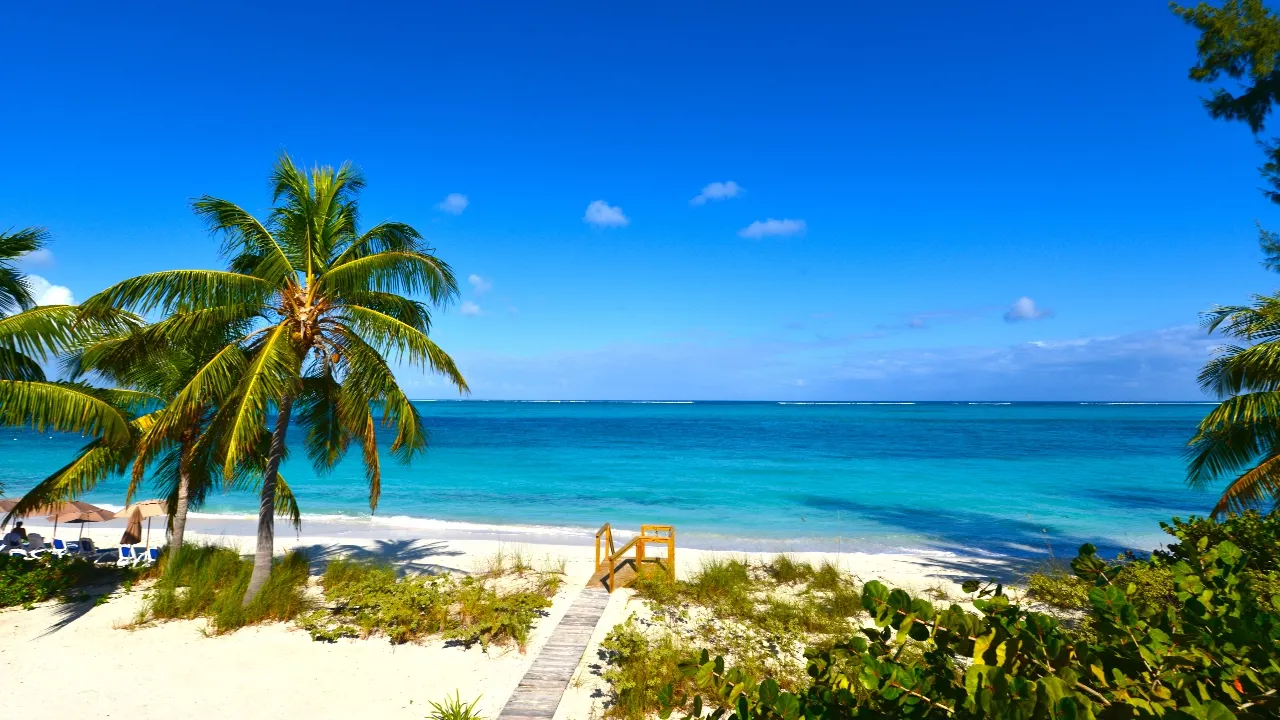
The two airports both make the Unesco Prix Versailles competition's World's Most Beautiful Airports List 2025

© Jason O'Rear/Ema Peter


Cruise brands are making waves with attractive holiday deals
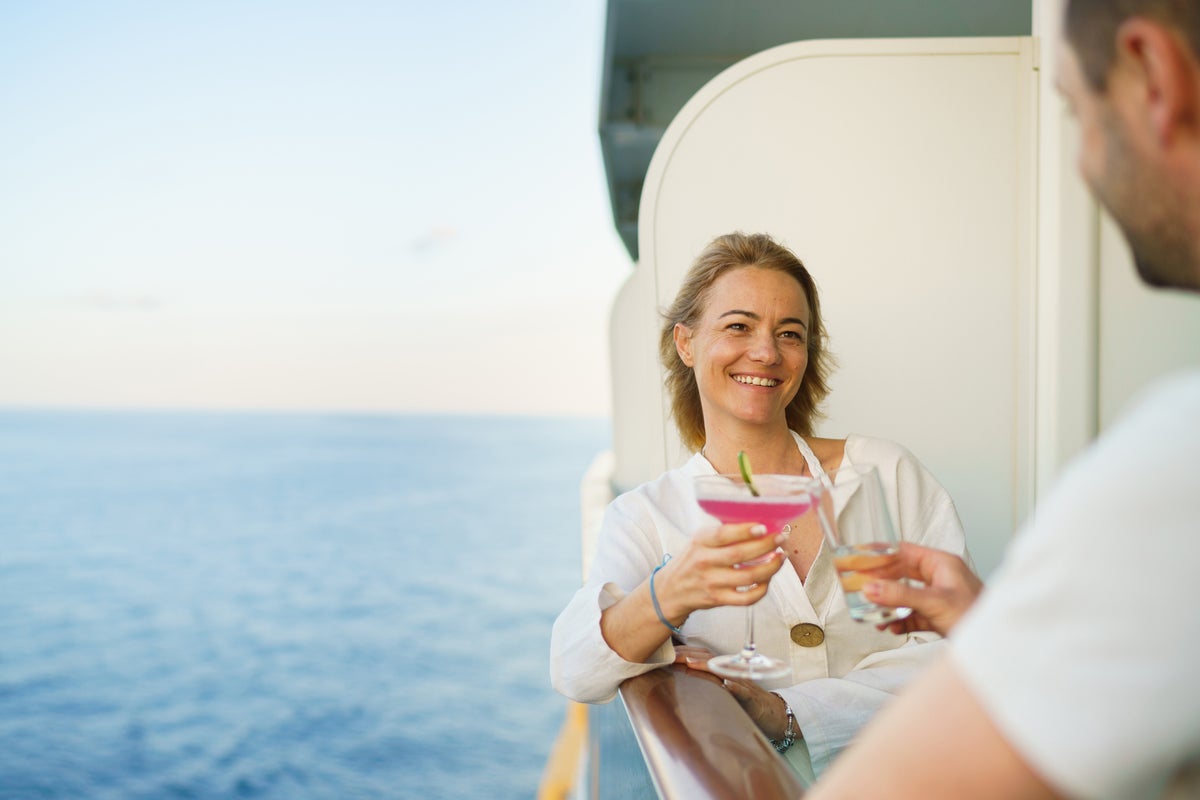
© Getty Images
The highest levy will be charged from 1 June to 30 September
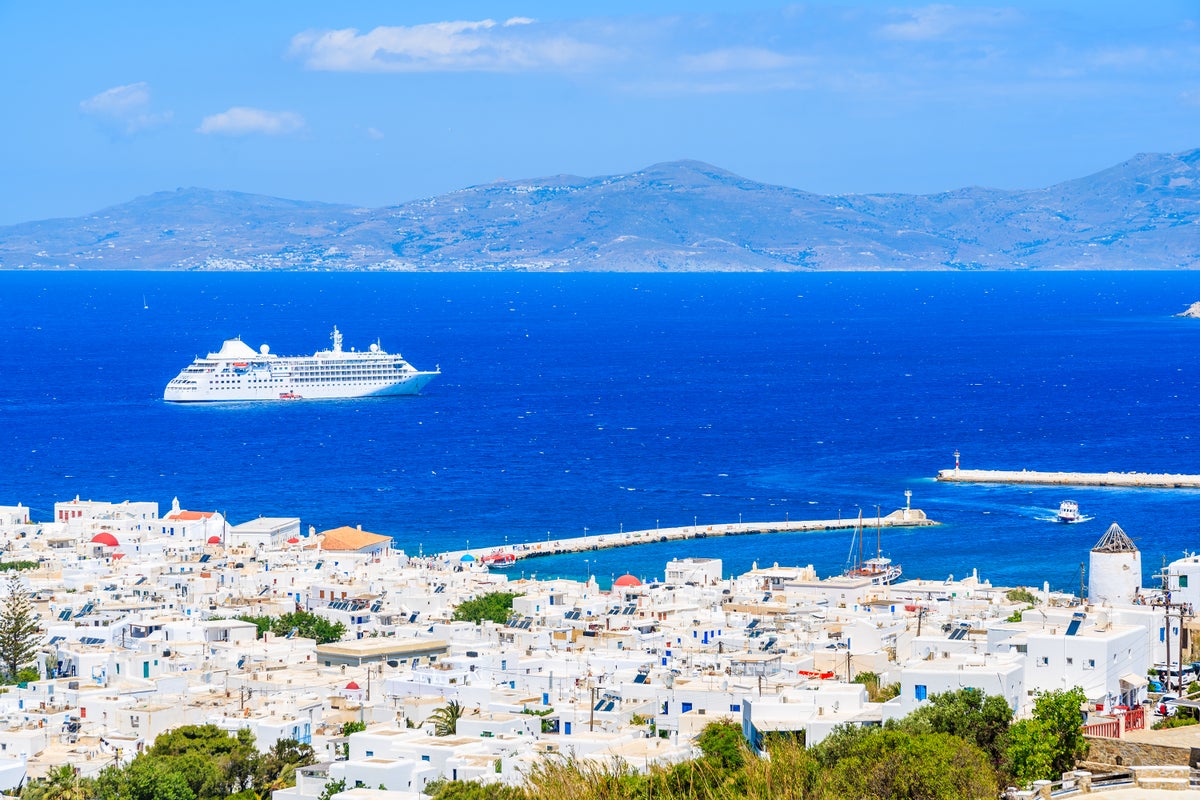
© Getty Images/iStockphoto
Pilots’ post-flight report failed to mention critical stall and ‘don’t sink’ warnings, official says

© Getty/iStock
Qantas, Virgin Australia and Jetstar have cancelled flights to and from Sydney
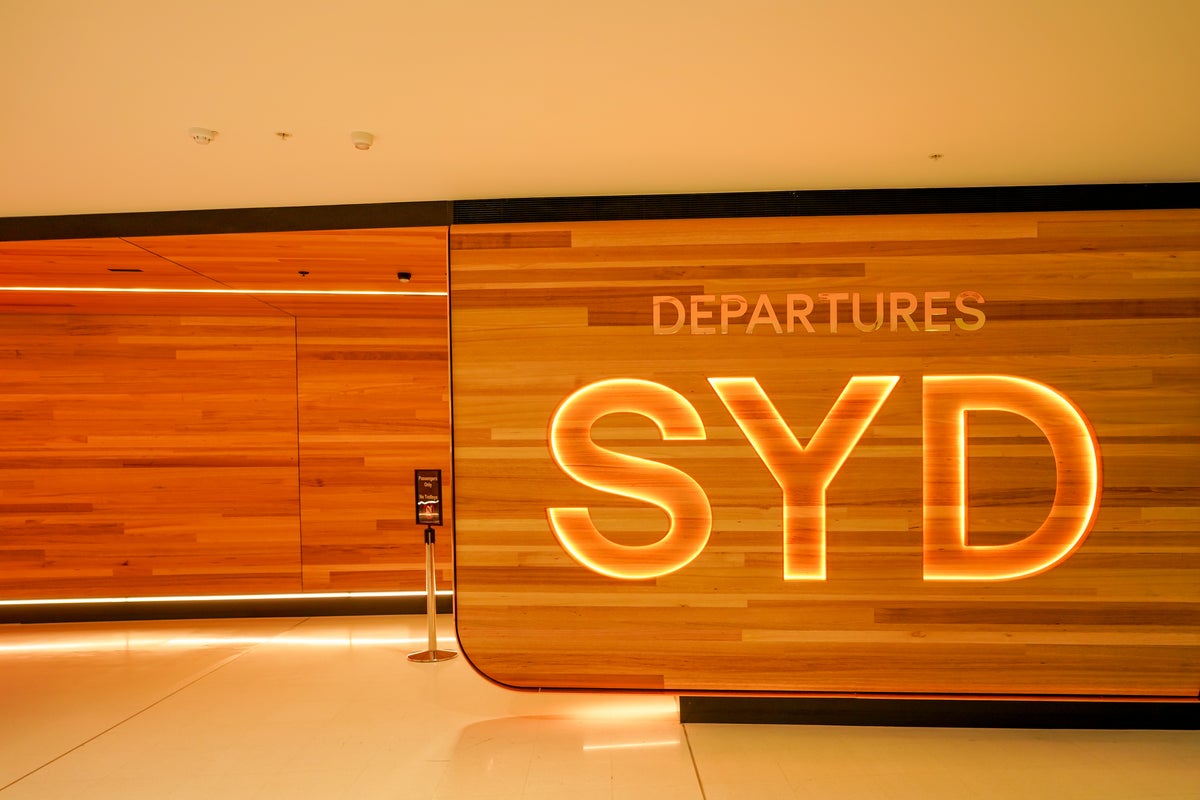
© Getty/iStock

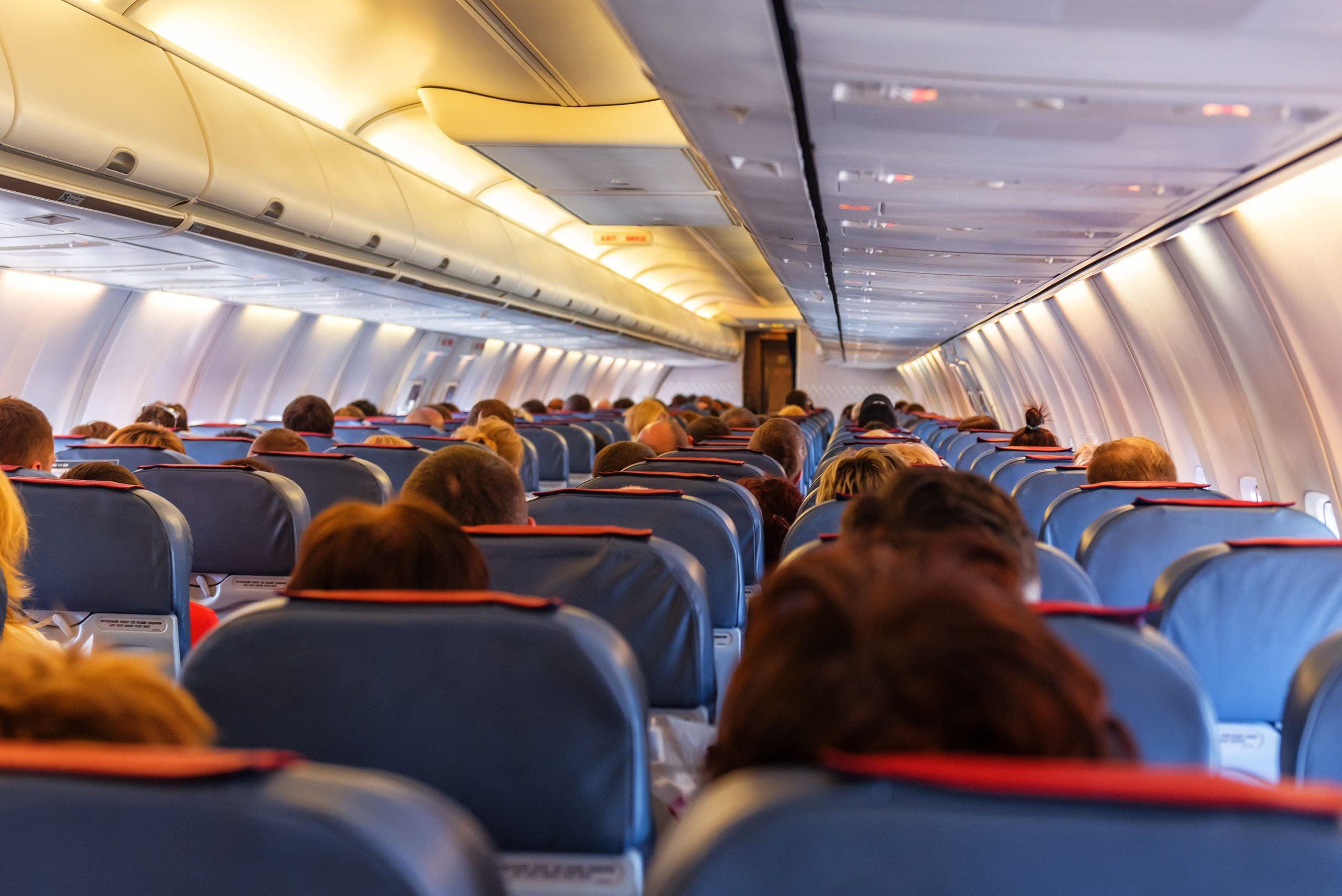

© AP
‘No resorts, no tourist traps and no fancy restaurants’ – the friends behind the Kids of the Colony YouTube channel go in search of real connections in their countries of origin
‘Kayum was my friend for years,” recalls Abubakar Finiin. “But when I met his grandad in Bangladesh, it just felt like I understood his whole story. I knew so much more about him as a person.”
This moment of connection captures the essence of Kids of the Colony, a grassroots travel series on YouTube created by three childhood friends from Islington: Abubakar, Kayum Miah and Zakariya Hajjaj, all 23. In a series of chatty vlogs that thrive on their offbeat humour and close friendship, the trio provide a rich travelogue of culture and identity as they explore the countries of their parents’ birth.
The idea came to Abubakar while contemplating his next steps after graduating from Oxford University in 2023. “I just thought about the places that we came from,” he says, reflecting on the layered identity of growing up in London with ties elsewhere. Abubakar is Somali, Kayum is Bengali and Zakariya is of Moroccan and English descent.
Continue reading...
© Photograph: Abubakar Finiin

© Photograph: Abubakar Finiin
Working remotely from a beach in a far-off land sounds like bliss – and the number of people doing it has soared since 2019. But between bouts of illness, relentless admin and crushing loneliness, many have found comfort in the 9-5 back home
Jason, a 34-year-old American, is stumbling around the pool table, cue in hand. Five Saigon beers later, he will shuffle out, clamber on to a scooter and drive back to his beach hut. I know this because I’ve seen the same routine for the past four nights. Meanwhile, Eloise, 38, a French national, is gyrating on the dancefloor. Earlier, on the beach, she told me about her big bitcoin dreams – although she hasn’t got the funds she needs yet. Then there is Bex, a Briton in her late 50s whose eyes are large and wild because she has just popped a pill. She spends only a month a year in the UK – not because she wants to, she says, just to check in with family who are worried about her.
Here we are together on this paradise island in south-east Asia, laptops closed for the day. This is the digital nomad dream, isn’t it? This is what adventure and freedom looks like, right? We’re happy!
Continue reading...
© Photograph: Peter Flude/The Guardian

© Photograph: Peter Flude/The Guardian
A survey commissioned by consumer group Which? found that around six in 10 motorists had haggled with their insurer

© Getty
More than 140 people are killed or seriously injured on England’s motorways each year due to tailgating

© Getty/iStock

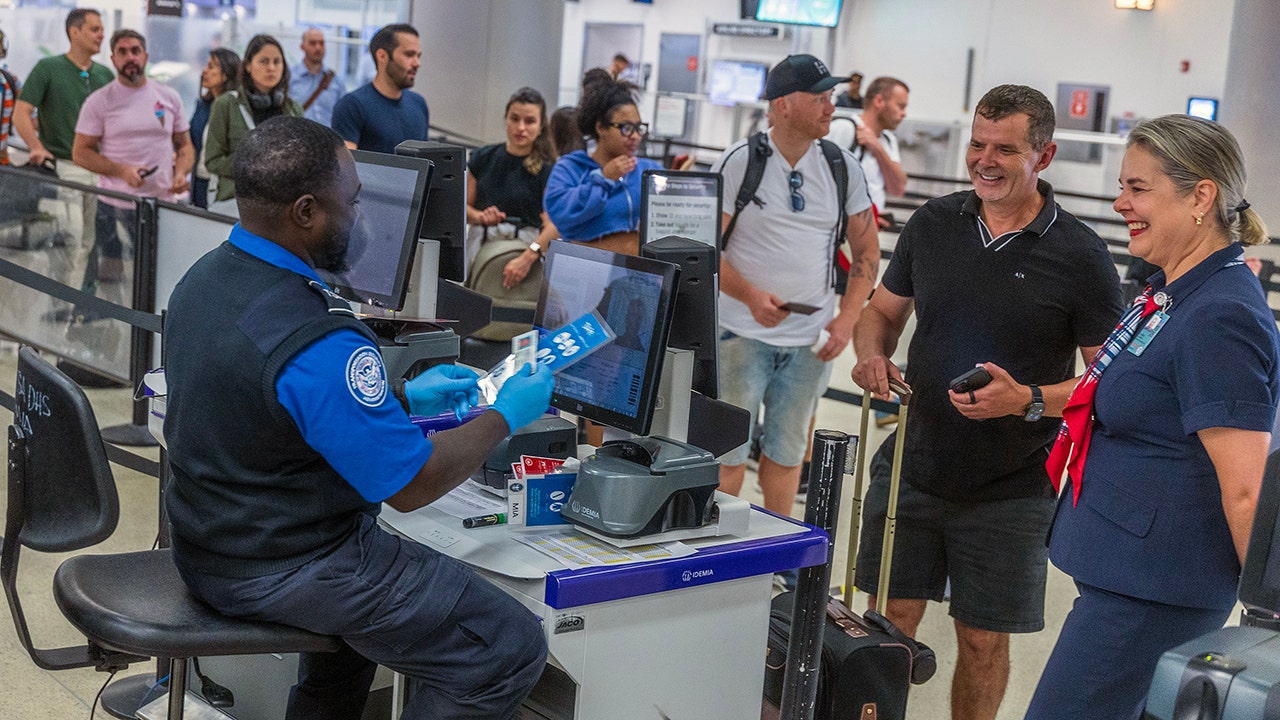
The woman said she’s ‘finally able’ to do what she’s wanted for years after buying cabin in cruise ship

© Villa Vie Residences
Families are unable to cancel summer holidays despite extreme heat warnings and wildfires

© Simon Calder
What to know if you are planning on travelling to Jordan following hostilities in the Middle East
.jpeg?width=1200&auto=webp&trim=0%2C0%2C0%2C0)
© Getty Images/iStockphoto
The latest advice on travel to Tunisia following the Israel-Iran ceasefire

© Getty Images/iStockphoto
The Foreign Office does not warn against travel to the UAE following hostilities in the Middle East
.jpeg?width=1200&auto=webp&trim=0%2C0%2C0%2C0)
© Getty Images
The Independent’s social media editor Niki Cottrell takes a train trip to the Peak District with friends to tackle the famous Kinder Scout trail

© Getty / Niki Cottrell
Governments of the UK, Ireland, Australia, Canada and the US all maintain that visiting the Mediterranean island is safe

© Getty Images/iStockphoto
Holiday hotspots across the continent sweltered with temperature highs near 40C over the weekend

© Getty Images
Flights to and from Izmir were seriously disrupted amid wildfires in the popular tourist city on the Turkish coast

© General Directorate of Forestry Official